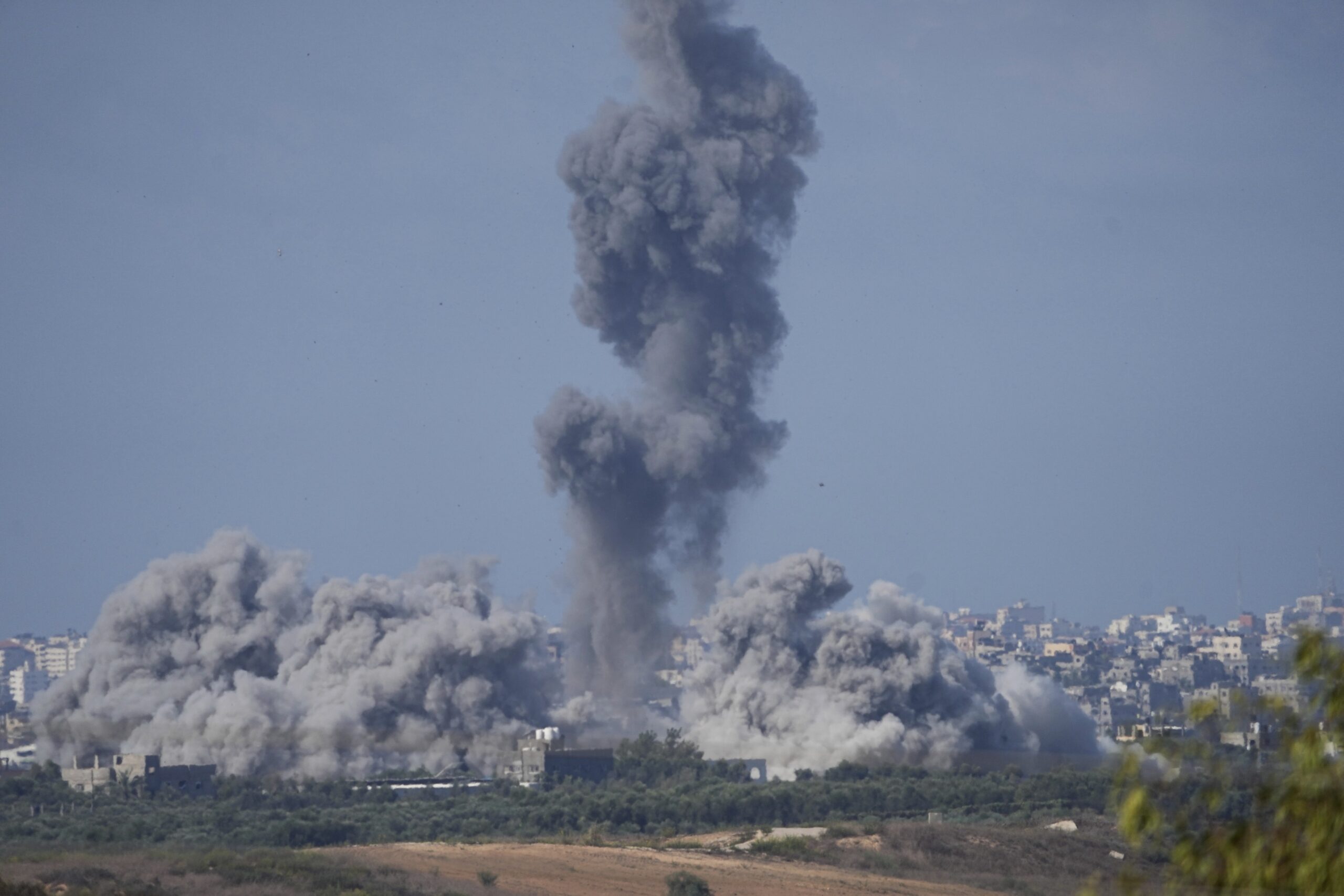United Nations General Assembly on 27th October 2023 has adopted a major resolution, calling for an “immediate, durable and sustained humanitarian truce leading to a cessation of hostilities”. Though various discussions have happened regarding the political consequences of such resolutions, it is the content, process and consequence of this General Assembly Resolution that needs to be discussed in light of the international law violations that have taken place.
Generally, the main goal of each UNGA session is to take action on each agenda item that has been allocated to the UNGA for its consideration. “Considering” an agenda item involves first discussing the item and then adopting one or more resolutions on that item.
According to Article 10 of the UN Charter which defines the functions and powers of the GA, “ The General Assembly may discuss any questions or any matters within the scope of the present Charter or relating to the powers and functions of any organs provided for in the present Charter, and,…may make recommendations to the Members of the United Nations or the Security Council or to both on any such questions or matters.” In other words, resolutions adopted by the UNGA on agenda items are considered to be recommendations and are not legally binding on the Member States. The only resolutions that have the potential to be legally binding are those that are adopted by the Security Council. When you adopt resolutions by a vote, you only need to get a simple majority to agree on the text of a resolution. You donot need to take into consideration the perspectives of the minority who disagree. However, when the resolutions are adopted by consensus, there is a need to be concerned about the viewpoint of everyone and engage in negotiations that often result in compromises so that different points of view are taken into consideration. This process is inclusive.
Coming to this resolutionwhich calls for an “immediate, durable and sustained humanitarian truce”, and demands all parties comply with international humanitarian law and “continuous, sufficient and unhindered” provision of essential supplies and services into the Gaza Strip. It also calls for the “immediate and unconditional release” of all civilians held captive as well as demanding their safety, well-being and humane treatment in compliance with international law.
This Resolution was brought by Jordon and backed by 45 members. An amendment, proposed by Canada and backed by over 35 Member States, including the US, seeking an explicit condemnation of Hamas, did not pass, failing to get two-thirds support. The Jordanian resolution has been adopted by the General Assembly, with 120 votes in favour, 14 against and 45 abstentions. One UN member country, citing technical difficulties, changed its vote after the vote was recorded, so the final tally was 121 in favour to 14 against, with 44 abstentions. Another reminder of the key provisions of the resolution now adopted, which is a non-binding expression of the majority view of UN Member States. It marks the first formal response of the United Nations to the hostilities since the Hamas terror attacks of 7 October, after the Security Council failed on four occasions to reach a consensus on any action. The resolution does not make specific mention of the militant group that controls Gaza, Hamas, one of the key issues that led to a Canadian amendment being proposed.Hamas are an Islamist militant movement founded by Sheik Ahmed Yassin, a Palestinian cleric who transitioned from Islamic scholarship in Cairo to activism within local branches of the Muslim Brotherhood. It was partly created due to the fact that a group of Palestinians in Gaza believed the Palestinian Authority to be seeking compromise and is often criticised as being ineffective, whereas a violent extremist group in Hamas was dedicated to Israel’s total destruction.Tbus , making it imperative to address them through the resolution which is not the case.
History has shown that extremist violence on both sides has been used in the past to derail peace. The ongoing conflict has witnessed numerous violations of international law. Hamas’s act of taking hostages, in particular, is in violation of Article 8 of the Rome Statute, which established the International Criminal Court (ICC). The total seige of Gaza with electricity, food and water prohibited is resulting in collective punishment being awarded to all residents of Gaza which is also illegal in international law. The broader international law questions related to the conflict include the conditions under which nations can use force in international relations (jus ad bellum) and the regulations governing how wars should be fought (jus in bello). These principles are enshrined in the UN Charter and International Humanitarian Law. The blatant violations of these laws underscore the urgency of finding a resolution to the ongoing crisis.
Although, the resolution talks about the two-state resolution which seeks to legitimise the aspirations of the Palestinians, including that of a sovereign states for Palestinians and ensures the safety and security of Israel, it remains to be seen whether any such two-state solution will take effect as has not been the case in the past whenthe British handed the issue to the newly formed United Nationsin 1947 voting to partition Palestine into two separate states, one for Jews and the other for the Palestinian Arabs. Israel had accepted the UN plan and declared independence, whereas most Palestinians saw the UN plan as a form of European colonialism.
Abhinav Mehrotra, Assistant Professor, OP Jindal Global University
Dr. Biswanath Gupta, Associate Professor, OP Jindal Global University

















